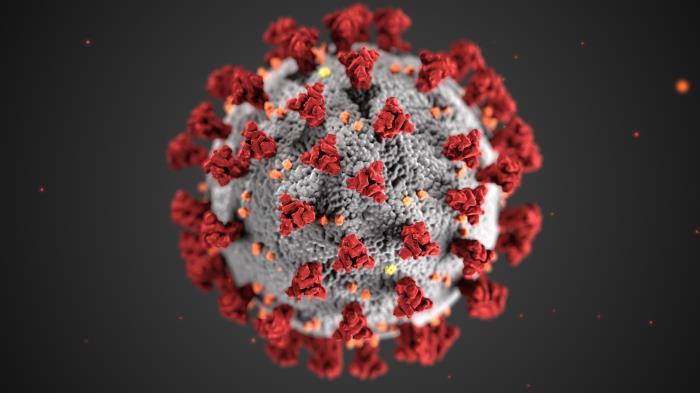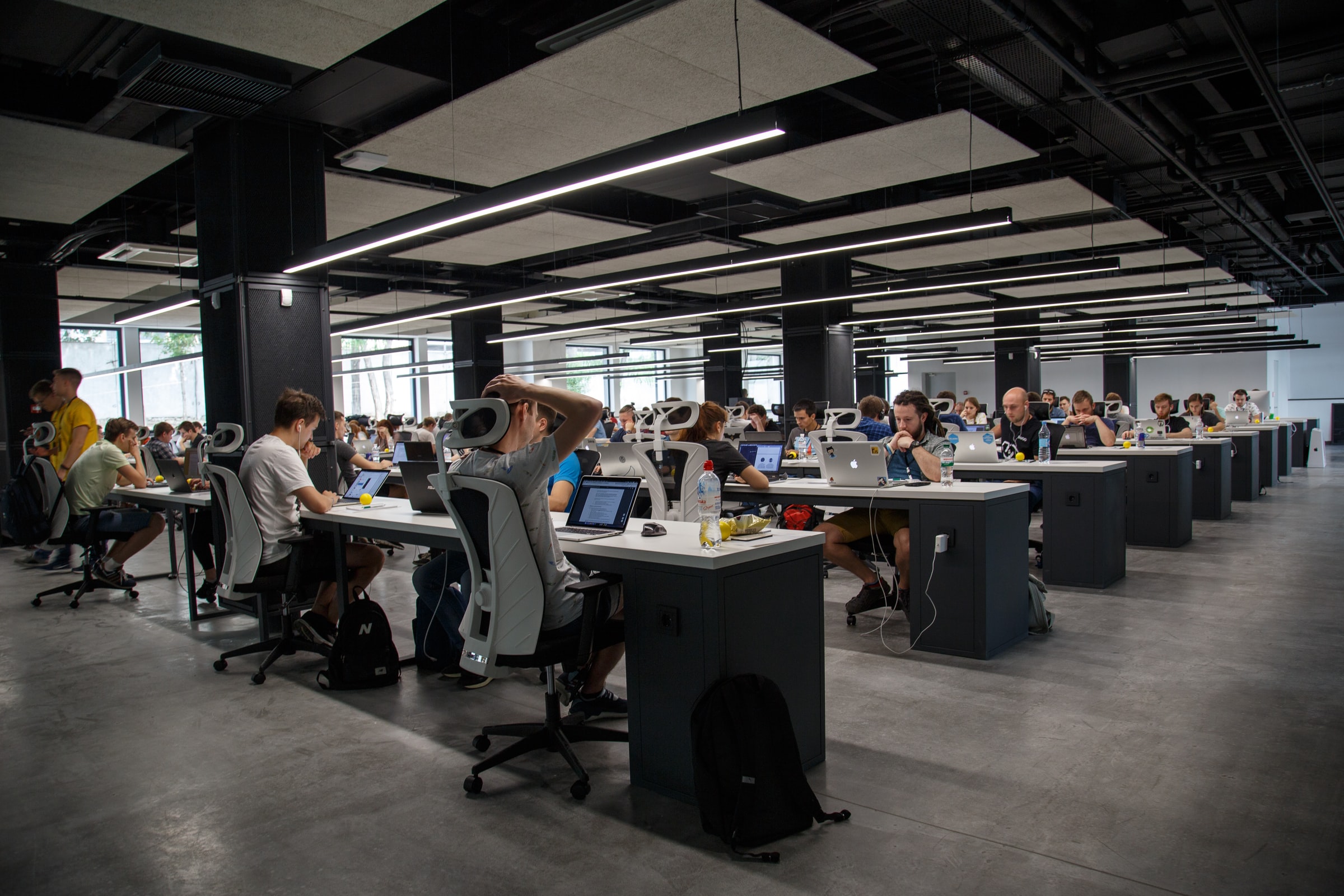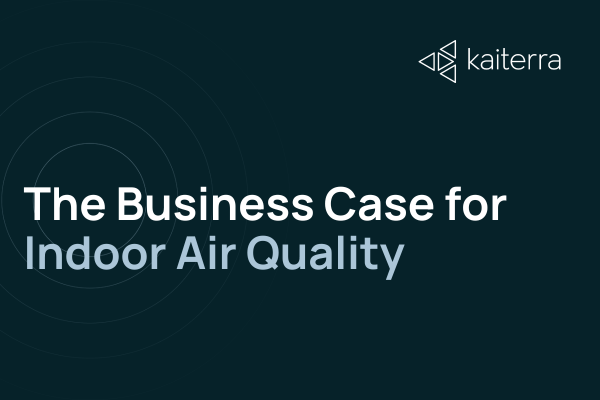Newsletter
As an integral component of indoor air quality management, air filtration has naturally appeared when discussing IAQ strategies for stopping COVID-19. After all, if air filters can sort out airborne particulates, it should have no difficulty removing novel coronavirus particles, right?
We previously tackled this question with HEPA purifiers, but the world of commercial air filtration can be much more complicated than a simple portable purifier. Do the same rules apply? Remarkably, they do, but there is much more to it.
How Commercial Air Filtration Can Remove Coronavirus Particles
Just as we discovered was the case for portable HEPA purifiers, the effectiveness of HVAC air filters on the novel coronavirus depends on both the transmission path of the novel coronavirus and the efficiency of the filter.

At this point, airborne transmission of COVID-19 is not guaranteed, but is likely possible; there is growing evidence that, under certain circumstances, SARS-CoV-2 can be aerosolized. The likelihood is strong enough for ASHRAE and other comparable organizations to recommend protective measures against airborne transmission. This makes air filtration a higher priority, as air filters are much more likely to remove drifting viruses than heavy droplets that settle quickly.
Assuming COVID-19 is airborne, some viral particles will contaminate the air as an infected individual talks, breathes, coughs, or sneezes. These particles are light enough to remain in the air for long durations, eventually getting pulled into the ventilation system. As the virus-laden air passes through a filter of sufficient efficiency, many viral particles become trapped in the filter and inactivate over time. In this way, air filtration may be of some use if COVID-19 is airborne.
Next Steps & Key Considerations
While air filtration remains a viable technique for removing coronavirus particles, one of several relating to indoor climate control systems, there are several considerations to take into account before implementing this strategy.
Safety of maintenance crews
Viral particles don’t immediately inactivate once they are strained out of the air; anyone handling air filters during this pandemic is at risk of contracting COVID-19 through contact routes. Appropriate care, such as the provision of proper PPE, eye protection, and sanitizer, must be taken when performing maintenance.
MERV Rating
For a potentially airborne virus, some commercial air filters are not enough to make a meaningful dent in the transmission of COVID-19. Filters need to be able to capture a significant portion of these viral particles on the first pass through; otherwise, building occupants will be exposed to the virus once again as the air is recirculated.

To make any meaningful impact on the novel coronavirus, filters should be MERV 13 or higher (ideally greater than MERV 14).
Capacity of the commercial air filtration system
Installing an air filter of the highest efficiency, like a HEPA filter, seems to be a logical choice. After all, HEPA filters are one of the most effective filters for particles of this size.
Unfortunately, the situation is not quite that simple. While these filters are the most effective for particles of this size, HEPA filters and some MERV-rated filters are not appropriate for many commercial air filtration systems.
Higher efficiency air filters can create a high pressure drop; in other words, the air builds up a lot more before it can pass through the filter. A high-pressure drop filter can make more air bypass the filter if it is sealed improperly, or decrease the flow rate. This can create problems in other parts of the HVAC system, as well as reduce the efficacy of the filter by cutting off the amount of air supplied to the environment and allowing leakages of unfiltered air.
Filtration efficiency should be maximized to what the system can handle and not beyond, otherwise the benefit of the filter will be wasted.
Air filtration is not a complete solution
By the time viral particles pass through an air filter, many building occupants could’ve already been exposed to COVID-19. Air filtration is a supplemental strategy for combating COVID-19, not a replacement for other tools like ventilation, social distancing, masks, or sanitation.
Managing indoor conditions through ventilation, air filtration, and humidity controls can contribute to a comprehensive pandemic response plan. Learn more IAQ strategies for combating COVID-19 below:
Kaiterra provides air quality monitors and an IAQ analytics dashboard for healthy buildings and offices, helping workplace leaders and healthy building pioneers assess and improve their indoor air quality. Our indoor air quality monitors like the Sensedge and the Sensedge Mini can be found in many of the world’s most iconic buildings and workplaces, such as the Empire State Building and the Burj Khalifa.






.png?width=200&height=148&name=Menu%20C%20(2).png)

.png?width=307&height=228&name=Menu%20-%20D%20(1).png)
.png)





